As we celebrate Gobi Partners’ 20th anniversary in 2022, we will be sharing inside looks into the workings of Gobi and its portfolio companies. This edition of 20 Questions features Carlo Delantar, Partner at Gobi Core and Head of Circular Economy for Gobi ASEAN. Every 20 days, we will be releasing new, Gobi-exclusive interviews with movers and shakers in the Asian startup ecosystem.
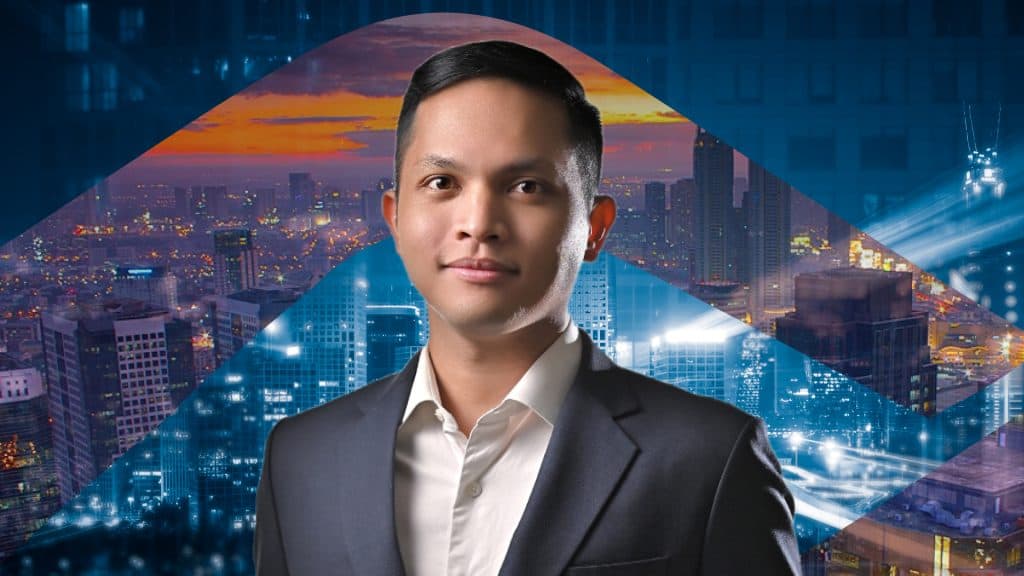
So when I was going through this whole career path of figuring out what, and where I want to be – I was focusing more on social impact. And as a country director for the clean water nonprofit, Waves For Water Philippines (W4W), I realized that there were so many other things to fix and improve in the Philippines. And technology was the common denominator.
We were very lucky, especially me when we ended up meeting (Gobi co-founder) Tom in late 2017 through one of our partners, Jason (Gaisano)’s former boss. And we were just blown away by what was happening in Malaysia and saw an opportunity for us to take that Gobi instinct to the Philippines.
I am very well aware that VC and social impact are completely polar opposite, but me being an odd one out of the Philippines partnership provides a new perspective to a very respectable industry. And I felt that I could bring a few things to the table, especially when integrating ESG (Environmental, Social and Governance) frameworks into our investment processes. I felt it was a perfect match.

I still go back to collaborating with one of my idols in life, Yvon Chouinard, the founder of Patagonia. I think they were way ahead of their time when it comes to innovating in a socially affecting way within the fashion industry. They invested in hemp before ESG values were a thing and beyond that, they also invest in startups that were focusing on People and Planet. Learning from that provides a lot of insights into what the future holds.
As also the Head of Circular Economy regionally for Gobi, I think that this whole conversation about circular economy and investing is fairly important. So having them (Patagonia) being sort ahead in the field is a good way to learn, but also help us (Gobi) figure out how we can also impact and support the ecosystem, especially when the manufacturing hub of the world outside of China is ASEAN. I feel like there is a lot of impact that can be done there.
Our rule in Gobi Core is that it should always be a unanimous decision with all three partners. There might be debates down the line about whether we shouldn’t invest or invest but having three heads are better than one.
The way it works is that I look at deal flow, and check the business viability fundamentals, possible verticals, and total addressable market. If I like it, I take the first pass, and then all three partners, Jason, Ken Ngo and I decide if it’s worth it to go to the Investor Committee with the regional partners. Just that conversation between the three of us who have different perspectives and skills creates this perfect pressure cooker to figure out what doesn’t stick and if it’s a viable investment, and so far, that formula works.

I think it is my transition from social impact to VC. I think that’s fairly surprising. But once people dig deeper and they’ll understand that there’s always that common denominator of me still focusing on impact in the circular economy outside of that. Another thing that people find strange about me is that I don’t drink coffee.
I am still aching to master freediving. I guess the backstory here is that it is fairly hard for me to not think about work. I love to work. But I couldn’t stop myself from doing work. And I’ve been warned that sooner or later burnouts will creep on you and one of the ways to prevent that was to figure out what type of sports or activities could stop me from doing work. And there were only a few things – the first one would go where there’s no signal or internet or just go underwater where there’s no internet. And that’s why I am freediving. I can go about 50 feet now, but I would like to go deeper to 100 feet.
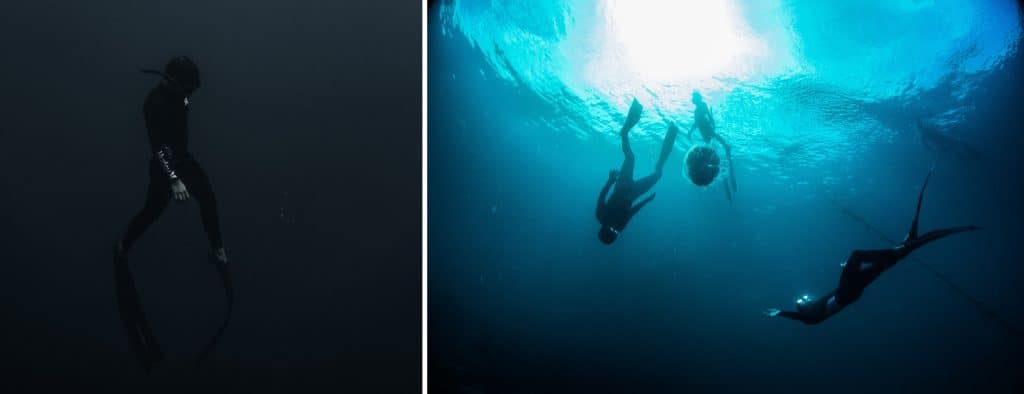
Climate and environment are something that I grew up acknowledging fairly early. And this whole transaction between mother nature and society, it’s not sustainable. Fact that we have a thing called World Overshoot Day which basically means that at any given time of the year, we have exceeded the number of resources we should be using or extracting from Mother Nature is already troubling. Lately, it’s been June. So it’s getting shorter and shorter, meaning that we’re asking more from Mother Nature without it recovering.
I feel like ESG is something the investment world and all the growing, smaller companies must adopt. We’re running out of resources and if we don’t design products that last longer or can be recycled back into the economy or find new innovative business models that adhere to the Circular Economy principles, then it’s going to be hard to be in the investment industry, let alone in the VC side.
But I feel that in the VC space, innovation is the cornerstone of what we do. And the circular economy is a viable industry to invest in.
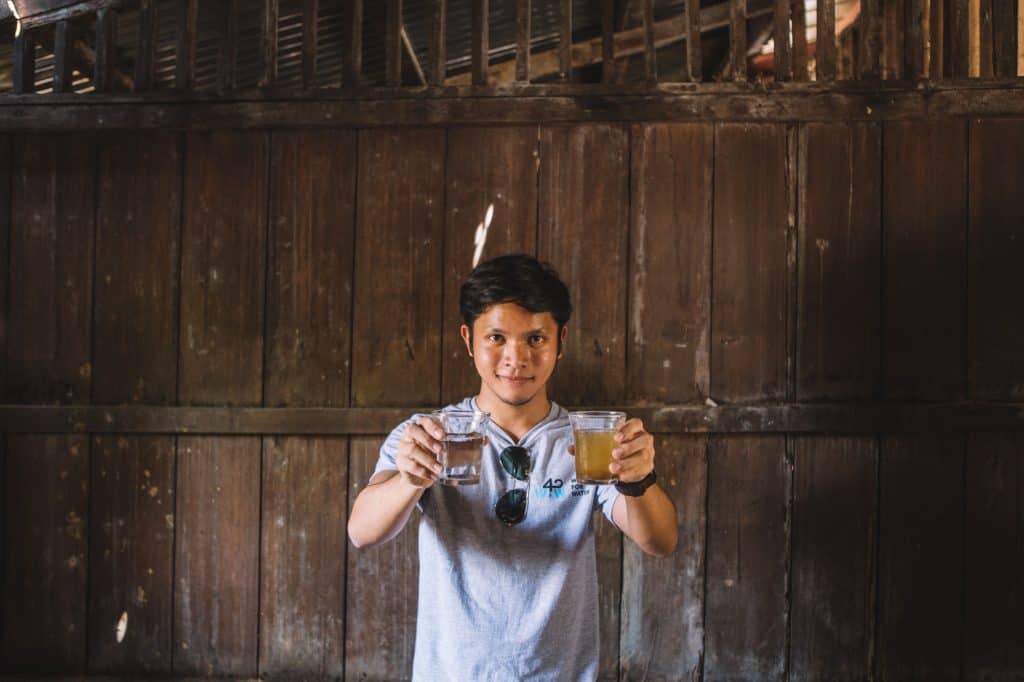
I wanted to be a DJ when I was five. I wanted to be a scratcher, a turntablist because it was so cool and the fact that you can edit and control beats and changed the course of the game. I love music in general, I think there’s something about music that’s transcended and that’s a common language among cultures.
For books, ”Let My People Go Surfing”, it’s my entrepreneurship Bible mainly for the premise of focusing on business as a tool for good. I think that that changed the way I looked at things.
There are so many but I think of one from a man I considered my mentor who once told me to take everything in the present but also pace myself now that slowly am ageing. The advice would be “Walk slow, talk low, and don’t say too much.”
So it is more how do you sustain but work smart also while being comfortable in your own skin? I am still figuring that out and it is definitely a work in progress.
I am taking the time to take care of my body and the food that I eat and just stop being unhealthy. I want to gain back the muscle mass that I lost during the pandemic and just focus on being healthy in general.
I think I’ve been fairly fortunate enough to know where I come from. We wouldn’t be where we are if we don’t acknowledge the people that have supported us. I think everyone in the world, whether they say they’re self-made or not, there are people that have supported them or at least helped them to get there. And I think that’s something that is always going to be important.
The moment I forget where I come from then I think I would have lost myself. So I think that’s an important thing to always remind myself where I come from and the people who have helped me get here.
I’ve been privileged to have a job, or at least have a career that doesn’t require me to be out. And it’s fairly future-proof. However, I think it helped me realise what are the essential things in life.
A good relationship with my fiance and family and figuring out what other things in life that are essential and just slow down. Just being present and checking up on everyone, as much as we can, is also a fairly important thing.
I think my best possession would be my experience of being invited to Davos when I was 25, making me one of the youngest participants for that year (2017). And of course, there’s a lot of imposter syndrome that comes with being a Filipino talking about our problems which seem small compared to other topics in the world. So I had to figure out, you know how that would help, what that experience would provide me long term.
However, I think that two big lessons or at least memories that were important were number one was money as a tool. It could be bad, it could be good. But it can always get things done. And the second one is language. Understanding language, or just empathy in general, if you understand where the person comes from or how they feel, you will be able to communicate better and get things done.
So those two things have been important and I think Davos really shaped who I am now, in terms of my regional global view. Before Davos, it was just me looking at the Philippines, but there are so many other things that are affecting the Philippines that are outside of the Philippines. And that has changed the whole game.
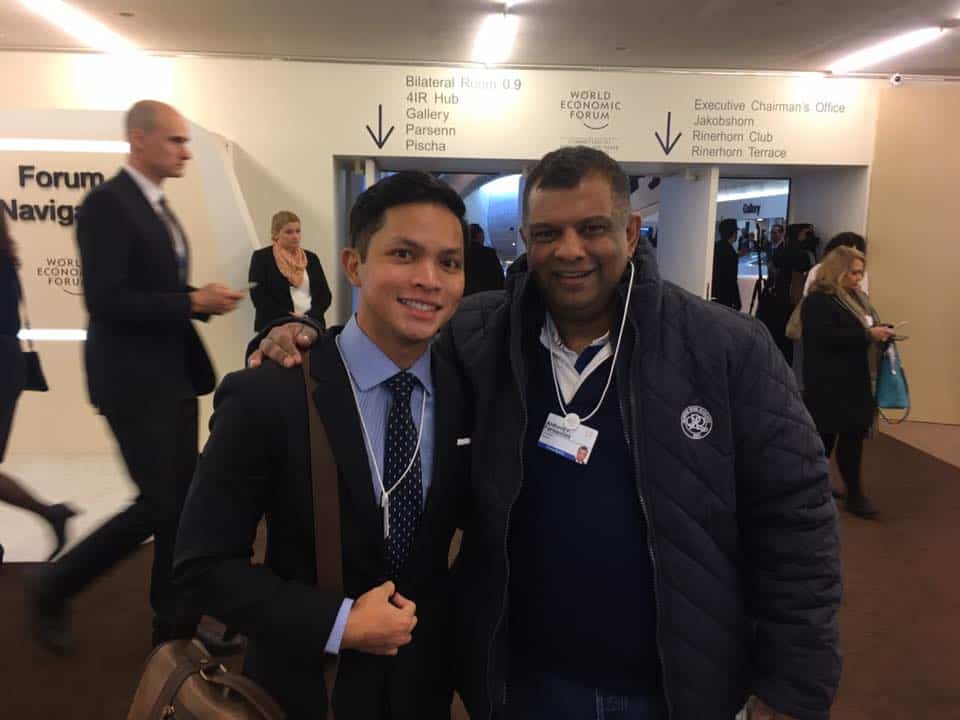
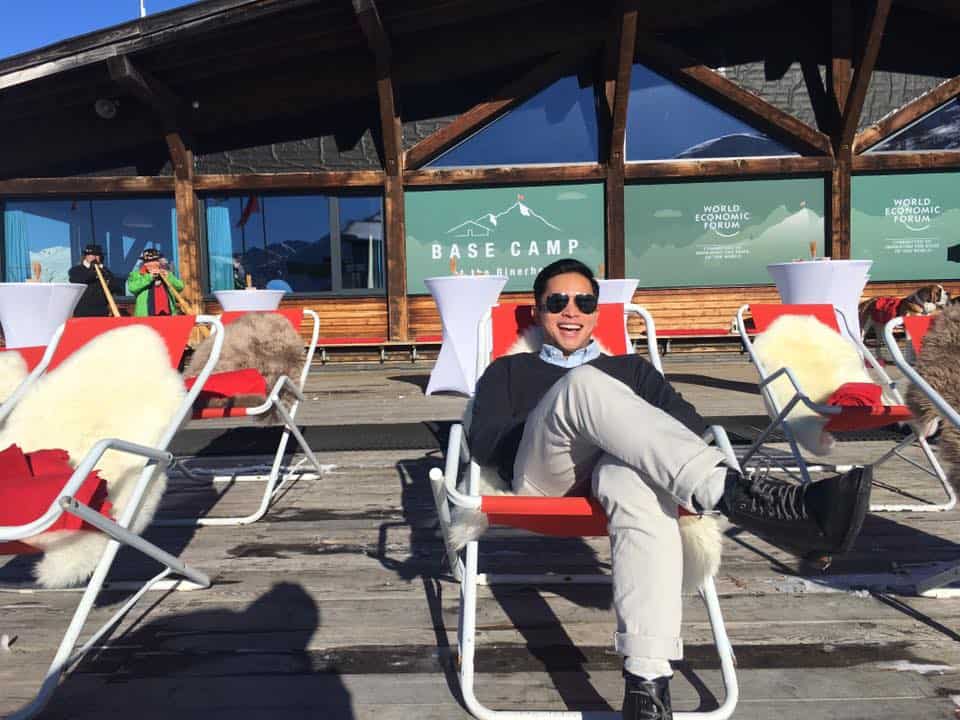
What do I want to be remembered for? Ultimately for tackling challenges that I’m passionate about and truly living, and having good memories with people…those are fairly intangible.
It would probably be Adam Sandler. I was visiting Los Angeles with my family when I was very young and we were just passing by the Hollywood Walk of Fame and surprisingly there was a movie premiere, I believe it was called The Longest Yard. We didn’t understand what was happening, but looking back we were near the Chinese Theatre where the premiere was being held.
Then all of a sudden, Adam Sandler crossed the street and shook hands with everyone and there was a huge traffic jam. There were flash bulbs going off and there were people screaming and it left an impression on me that even if you’re successful, appreciate your people and remember how you got there.
So I think three things would be just to focus on people, planet and profit. And being kind to one another and the planet is something that we should have taken into account very early on but that’s something that we’re only realising now and that profit for profit’s sake is not sustainable.
It’s not so much of a business meeting, but more towards pitches. It is when we are just sitting on our surfboards waiting for the wave to come. So you’re like “Hey, what do you do? What are you here for? Yeah, I do this. Oh, that’s pretty cool. Oh are you looking for something? You know, that’s like, okay, yeah, let’s talk later.” And then a wave would come and we would surf. It’s small talk but also like pseudo business.
Burnouts are real and I’ve had severe burnouts before and I’ve acknowledged that but I think burnouts are also a good way to know your limits. A way I manage burnout is by being outdoors be it surfing, or freediving or camping. Being outdoors is good and it really helps mentally and physically.
Typhoon Yolanda, really changed everything for me. If I didn’t meet W4W, I wouldn’t be here (Gobi) to begin with. It was a devastating natural disaster and it propelled me to see the world in a different way and think innovatively.
I’m very, very thankful for that opportunity in W4W, to have helped my countrymen, but also to have the opportunity to build something. It changed everything and I hope that W4W has helped many that were affected by the typhoon.
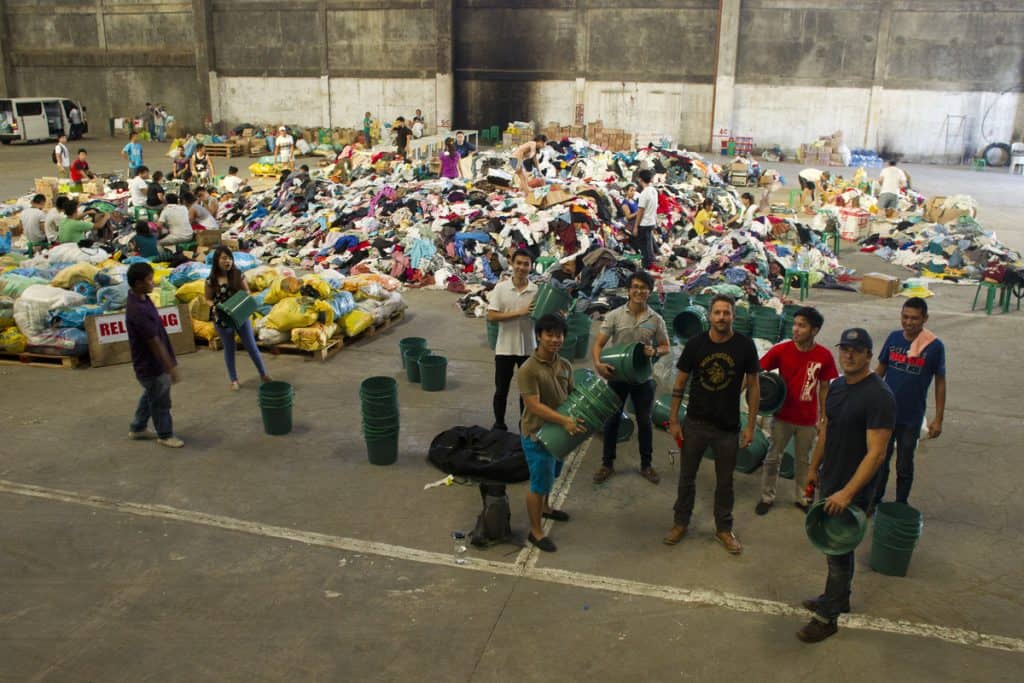
I don’t think I have a statement for it…but I think we were fairly fortunate. My parents really taught us the value of working hard, being a caregiver to the people around you and taking care of the environment. I think they’re the reason why I’m passionate about climate change which ultimately led me to become the Head of Circular Economy at Gobi.